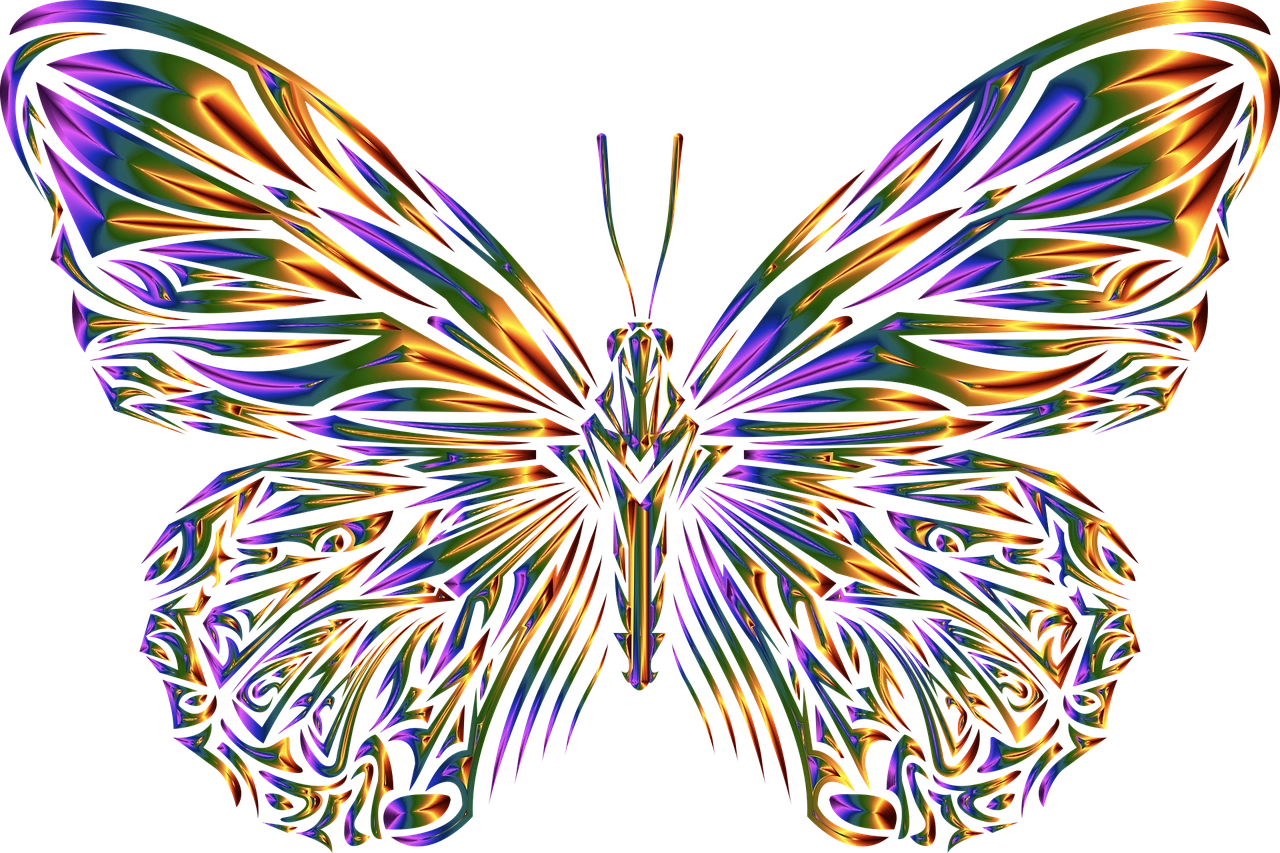Zhuangzi’s Legacy: Timeless Wisdom

Looking for more amazing products? Check out our online store and explore our collection here! Happy shopping!
Before diving in, please note: This post is for informational purposes only. If you’d like to know more about how we approach topics, feel free to check out our friendly Disclaimer Page.
Hey there, amazing readers! 
We’re committed to delivering quality posts, and your support (even just sticking around despite the ads) means everything to us. So, bear with us, and thanks for helping us keep the good vibes rolling. Now, on to the fun stuff!
TRANSLATE BUTTON AT THE END OF THE ARTICLE
Introduction: Who is Zhuangzi?
Zhuangzi, also known as Chuang Tzu, was an influential Chinese philosopher and writer who lived during the Warring States period of ancient China, around the 4th century BCE.
He is considered one of the most significant figures in Taoism and Chinese philosophy as a whole.
Zhuangzi’s teachings have had a lasting impact on Eastern thought, with his works being revered for their profound insights into the nature of reality, human existence, and the universe.
Zhuangzi’s Life and Works
Very little is known about Zhuangzi’s life, with most of the information coming from historical texts and legends.
He is believed to have been born in the state of Meng, in present-day Shandong province, China.
Zhuangzi’s most famous work is the "Zhuangzi," a collection of philosophical writings that explore themes such as relativity, spontaneity, and the interconnectedness of all things.
His writing style is characterized by its poetic language, vivid imagery, and use of parables to convey complex philosophical ideas.
Key Philosophical Concepts
Zhuangzi’s philosophy is centered around the idea of "ziran," or naturalness, which emphasizes living in harmony with the natural order of the universe.
He believed that human beings should embrace spontaneity, simplicity, and non-action (wu-wei) to achieve true freedom and contentment.
Zhuangzi also promoted the concept of relativism, arguing that reality is subjective and that truth is relative to one’s perspective.
Influence on Taoism
Zhuangzi’s teachings have had a profound influence on Taoism, a philosophical and spiritual tradition that emphasizes living in harmony with the Tao, or the way of nature.
His emphasis on spontaneity, humility, and non-interference aligns closely with Taoist principles, making him a central figure in the development of Taoist thought.
Impact on Chinese Literature
Zhuangzi’s writings have not only shaped Chinese philosophy but also had a significant impact on Chinese literature.
His use of allegory, metaphor, and paradox has inspired generations of poets, writers, and artists in China.
Many of his parables and stories have been incorporated into classical Chinese literature and continue to be studied and admired for their depth and wisdom.
Zhuangzi’s Perspective on Life
Zhuangzi’s philosophy encourages individuals to embrace the natural rhythm of life and to let go of societal expectations and desires.
He believed that true happiness comes from accepting the impermanence of life and finding joy in the present moment.
Zhuangzi’s teachings on the fleeting nature of existence and the interconnectedness of all things offer a refreshing perspective on the human experience.
Wisdom in Zhuangzi’s Parables
One of the most compelling aspects of Zhuangzi’s writings is his use of parables to convey deep philosophical truths.
His stories often challenge conventional wisdom and invite readers to think beyond societal norms and expectations.
Through his parables, Zhuangzi encourages introspection, self-discovery, and a reevaluation of one’s values and beliefs.
Relevance in Modern Society
Despite having lived over two millennia ago, Zhuangzi’s teachings remain relevant in today’s fast-paced and materialistic world.
His emphasis on simplicity, humility, and the acceptance of change resonates with individuals seeking a deeper meaning in life.
In a society driven by consumerism and constant busyness, Zhuangzi’s philosophy offers a valuable perspective on finding peace and contentment in the present moment.
Zhuangzi’s Legacy in East Asia
Zhuangzi’s legacy extends beyond China and has had a lasting impact on East Asian culture and thought.
His teachings have influenced not only Taoism but also Buddhism, Confucianism, and other spiritual traditions in the region.
Zhuangzi’s emphasis on individual freedom, spontaneity, and the interconnectedness of all things continues to inspire scholars, thinkers, and practitioners across East Asia.
Western Reception of Zhuangzi
In the West, Zhuangzi’s works have gained popularity in philosophical circles and among scholars interested in Eastern thought.
His writings have been translated into numerous languages, introducing his wisdom to a global audience.
Western philosophers have drawn parallels between Zhuangzi’s ideas and concepts found in existentialism, postmodernism, and other philosophical movements, highlighting the universal relevance of his teachings.
Translations and Interpretations
Over the centuries, Zhuangzi’s writings have been translated into various languages, allowing people around the world to access his profound insights and wisdom.
Different interpretations of his works have emerged, reflecting the diverse perspectives and cultural contexts in which Zhuangzi’s philosophy is studied.
Scholars continue to debate the nuances of his teachings, ensuring that his legacy endures through ongoing exploration and analysis.
Conclusion: Zhuangzi’s Enduring Legacy
Zhuangzi’s legacy as a philosopher, writer, and thinker continues to resonate with audiences worldwide.
His timeless wisdom, poetic prose, and profound insights into the nature of existence have made him a revered figure in Eastern thought.
As we navigate the complexities of the modern world, Zhuangzi’s teachings offer a beacon of light, guiding us towards a deeper understanding of ourselves, our place in the universe, and the true meaning of life.
Through his parables, philosophical concepts, and unique perspective on the human experience, Zhuangzi’s legacy stands as a testament to the enduring power of wisdom and the eternal quest for truth.

The Enlightenment Journey is a remarkable collection of writings authored by a distinguished group of experts in the fields of spirituality, new age, and esoteric knowledge.
This anthology features a diverse assembly of well-experienced authors who bring their profound insights and credible perspectives to the forefront.
Each contributor possesses a wealth of knowledge and wisdom, making them authorities in their respective domains.
Together, they offer readers a transformative journey into the realms of spiritual growth, self-discovery, and esoteric enlightenment.
The Enlightenment Journey is a testament to the collective expertise of these luminaries, providing readers with a rich tapestry of ideas and information to illuminate their spiritual path.
Our Diverse Expertise
While our primary focus is on spirituality and esotericism, we are equally passionate about exploring a wide range of other topics and niches 

To ensure we provide the most accurate and valuable insights, we collaborate with trusted experts in their respective domains 
Our blog originally focused on spirituality and metaphysics, but we’ve since expanded to cover a wide range of niches. Don’t worry—we continue to publish a lot of articles on spirituality! Frequently visit our blog to explore our diverse content and stay tuned for more insightful reads.
Hey there, amazing reader! 
Check out our store here and take a peek at some of our featured products below! Thanks for being awesome!










